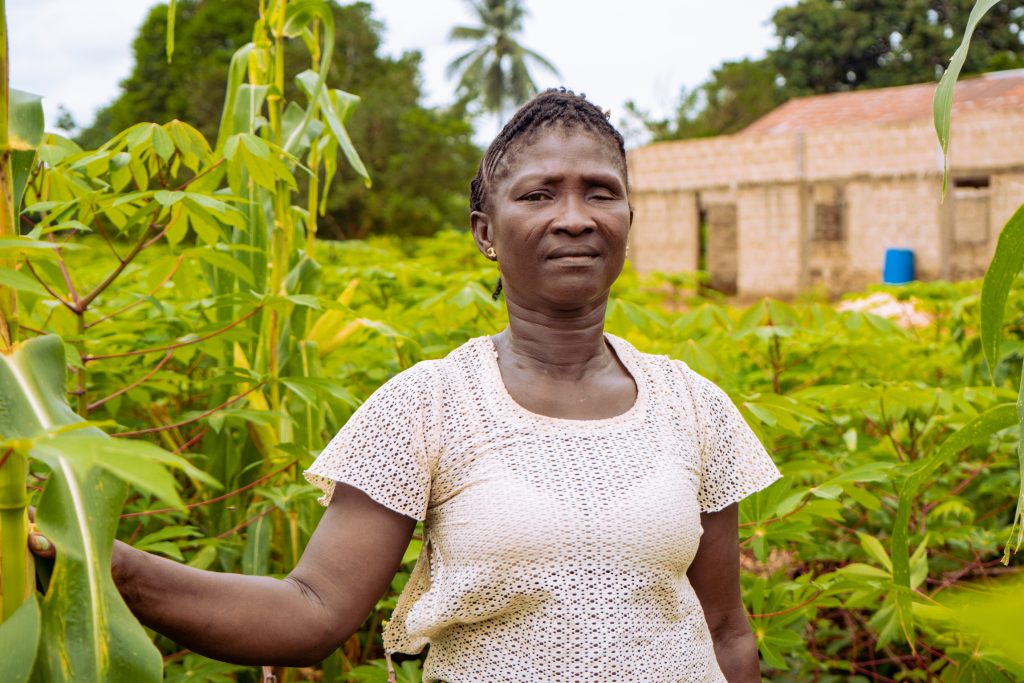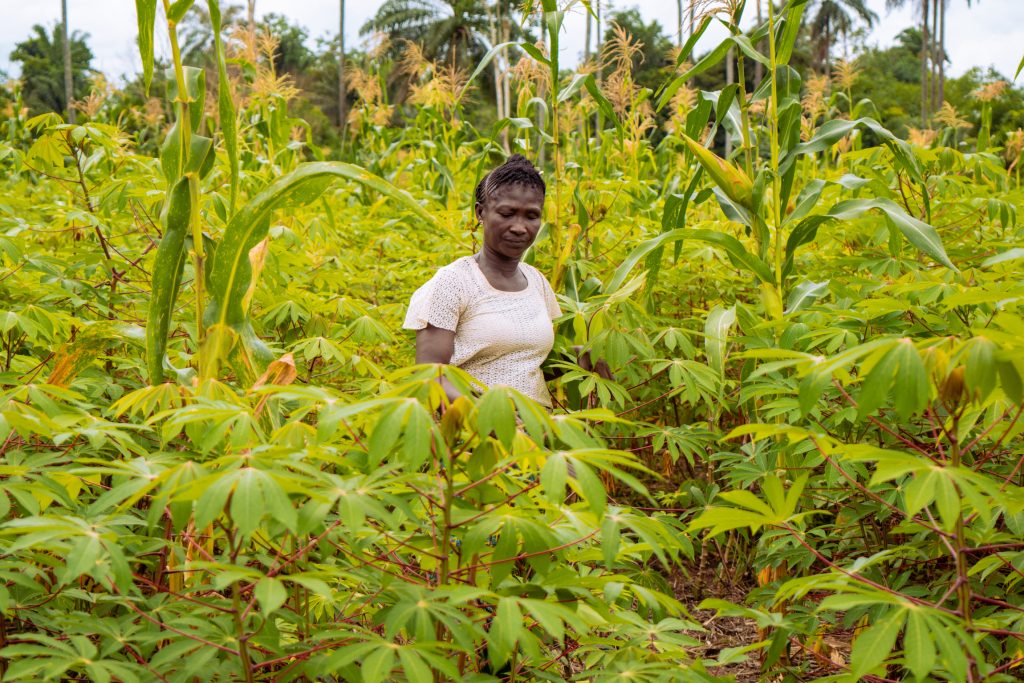In a world facing an unprecedented cost of living crisis, local communities in the Global South are again bearing the burden of severe price rises for essentials such as food, fuel, and fertilizer.
Even before the invasion of Ukraine, communities across the world were grappling with the far-reaching effects of the COVID-19 pandemic. In 2020, a year that tested the resilience of so many, food security surged to alarming levels surpassing the previous five years combined. Then in 2022, the invasion of Ukraine resulted in even sharper rises of food, fuel, and fertilizer prices as the war impacted supplies from both Russia and Ukraine, which are among the world’s top exporters of these products. Our research released in May 2022 in the report “Doubly Devastating” revealed that local communities were paying double, triple, or even close to four times what they had been paying for food, fuel, and fertilizer before the war began.
Now, ActionAid’s new and more detailed research has found that families are spending up to ten times what they paid almost 16 months ago for food, fuel, and fertilizer. While global prices have dropped by 11.7% since February 2022, our research finds that prices in local communities in the Global South have increased to crisis levels.

Ngozi Agbowe, a mother and farmer from Ugbuato, Nigeria shared that the impact of price spikes has been compounded by the redesign of national currency, making it even more challenging for Ngozi and her community to purchase goods.
“Buying things is really difficult. Then the naira redesign early in the year made it even more difficult. Purchasing goods from people became a problem. You would not be attended to if you do not have the new naira note. Not many people agreed to be paid using transfers.”
Now the government has allowed both old and new notes to be used for purchases, but Ngozi mentioned the standard of living is still just too expensive. She cannot run to her relatives for support like she used to because they are also experiencing the same difficulties. She shared:
“My children are not able to further their education because there is no money to fund it. The youngest one ought to be in the university now, but there is no money to fund their education. And I’m a widow. My husband died seven years ago. I am trying my best to raise my children on my own, but I’m seriously affected.”
Ngozi has found resilience in farming. She used to cultivate plantains because they were a profitable crop, but due to flooding she has not seen many yields. Now she is cultivating cassava and using techniques she learned from agroecology trainings with ActionAid:
“Before now, we planted close to each other. But since we learned about spacing our crops during planting, the yields have been better. Our cassavas; no one would believe it was harvested after five months, the tubers are so big! This is because I practice spacing, and we do not use fertilizers.”
Despite the alarming results of our latest research, ActionAid has uncovered many positive community- led solutions that have come about due to the pressure of high prices. Agroecology, which is the science of sustainable agroecosystems, has especially allowed many communities to minimize the impact of the price rises. Agroecology is both a set of farming practices and a social movement; it draws on social, biological, and agricultural sciences and integrates these with traditional, indigenous, and farmers’ knowledge and cultures. It focuses on the interactions between microorganisms, plants, animals, humans, and the environment and how farmers can utilize these interactions to improve soil health, increase crop yield, and remain productive in the midst of the climate crisis.
When fertilizer prices spiked, participants from our most recent study reported that agroecological practices reduced expenses for crop production. People also reported that agroecology offers resilience against climate change, and they would happily recommend agroecology to others. Ngozi noted:
“ActionAid has been visiting us since the last flood. They taught us a lot about agroecological farming and also supported us with a lot of things. Other community members have been farming using the techniques ActionAid taught us. We do not cultivate our crops the way we used to do before, and our yield has greatly improved.
We encourage people to continue practicing these farming techniques without looking back or trying what others are doing. I encourage other people to practice spacing of crops during planting and to avoid using fertilizers. Those fertilizers are not good.”
International institutions, donors, and UN agencies should listen and learn from Ngozi’s success with shifting farming practices amidst the climate crisis and price spikes by prioritizing agroecology as a bulwark against multiple crises. National governments, with support from international donors, should initiate a transition to agroecology which offers unique solutions against the challenges faced by Ngozi and so many other local communities across the Global South. Furthermore, ActionAid’s programs emphasize that agroecology empowers women and provides better income opportunities, advancing both gender equality and social justice.
That’s why ActionAid is advocating for a holistic approach and adequate funding that tackles all interconnected crises exacerbating the price crisis, including climate change, debt stress, the COVID-19 pandemic, and the profound repercussions of the Russian invasion of Ukraine.
Read more recommendations in our latest report.
Read about other women in Nigeria navigating the impacts of the price rise crisis:

